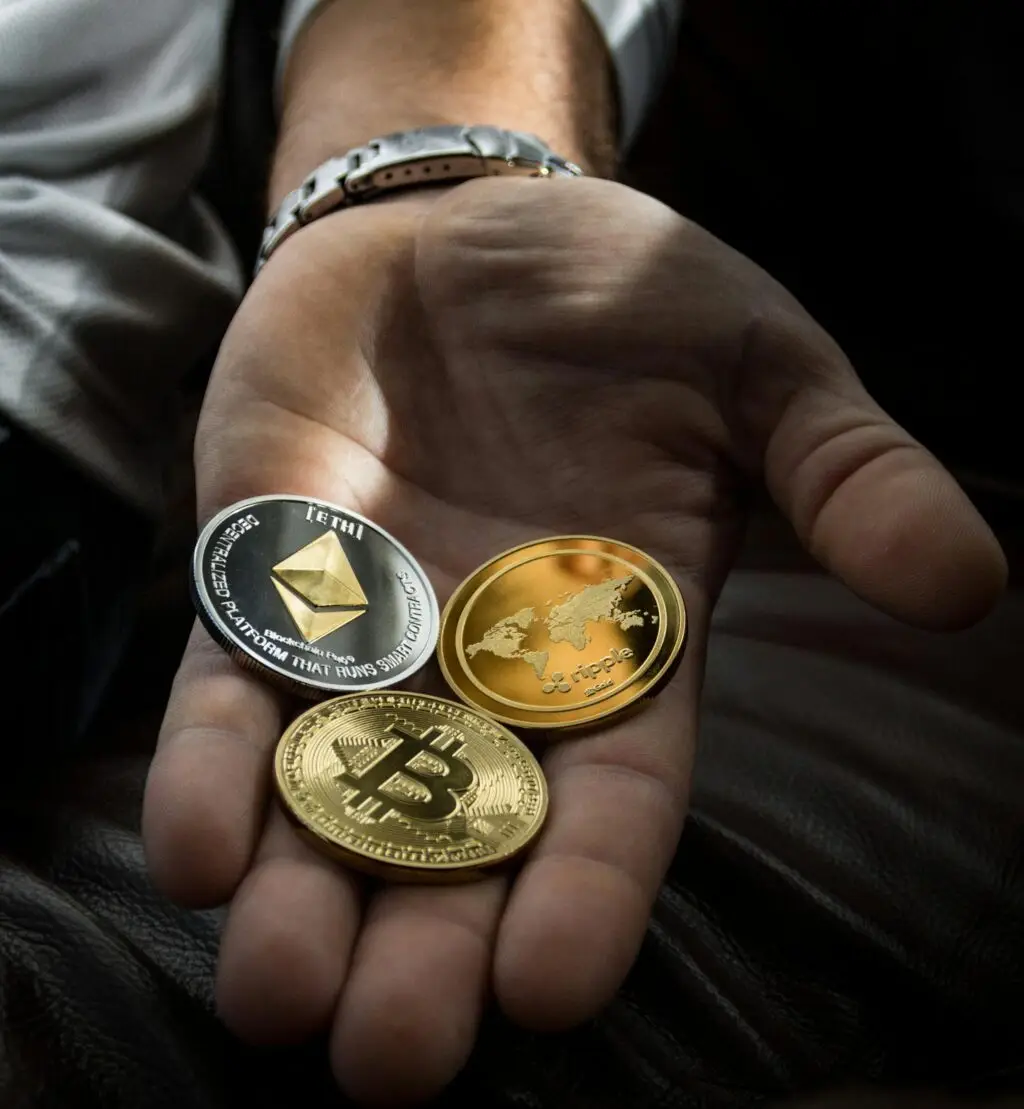
In the relatively short time since Bitcoin’s inception in 2009, cryptocurrencies have become the most talked-about innovation in finance and technology of the 21st century. From Bitcoin to Ethereum, crypto assets have changed how people think about money, value, and even the very fabric of the Internet itself. But what is crypto, and why should you care?
1.What is Crypto?
At its most basic level, cryptocurrency is simply a form of digital or virtual currency that uses cryptography to secure transactions. Even fiat currencies have value because they are backed by the government (which is why they’re considered to be liquid); however, cryptocurrencies are decentralized (and not liquid) because they use a piece of technology (the blockchain) that’s stored over a network of computers, or a distributed ledger.
The most widely accepted cryptocurrency is Bitcoin, created in 2009 by an anonymous person or group that signed their name as Satoshi Nakamoto. Bitcoin was the first form of peer-to-peer money payment and allowed people to send money and receive money directly without banks or financial institutions acting as a middle man
2.How Can I Enjoy My Cryptos?
Crypto transactions are verified by miners or validators depending on the type of blockchain. These crypto enthusiasts either use a computer powerful to help them work on a complex mathematical challenge (proof of work) or stake their coins (proof of stake) to validate transactions and add them to the blockchain. Thus, aiding in the security and fraud-prevention of the system.
When a transaction is confirmed, it is stored in one block. These blocks are then linked in chronological order, essentially building a blockchain. Each let’s say, block works on behalf of previous blocks and since, everyone has access and is in constant view of these transactions it is literally impossible to tamper with previous transactions.
3.Popular Cryptocurrency
Bitcoin (BTC) – The first, and currently the most valuable crypto asset by market cap.
Ethereum (ETH) – Known for its smart contracts which allow for decentralized applications (dApps).
Tether (USDT) – A stable coin which aims to maintain a 1:1 peg with the US dollar.
Solana, Cardano, Polygon – Platforms centralized around scalability, speed, and low fees for decentralized apps and finance.
4.Why Crypto is Important
Financial Inclusion: For now, crypto allows people without access to traditional banking to participate in the global economy.
- Decentralization: It eliminates a central authority from the process and grants users more control.
- Programmable Money: Due to smart contracts, crypto allows users to execute agreements without intermediaries.
- Innovation: Crypto has triggered innovations like NFTs, DeFi (decentralized finance), and DAOs (decentralized autonomous organizations).
Challenges and Criticisms
There is no doubt that there are some challenges ahead for crypto, including:
- Volatility: Prices are still very unstable.
- Regulation: Various governments are still trying to regulate digital assets the best way they can.
- Security: Hacks and scams are still all too often in the crypto space.
- Environmental impact: Many blockchains, Bitcoin especially, use enormous amounts of energy.
4.The Future of Crypto
Crypto is still very young; the future is exciting but still some unknown. Innovations such as CBDCs (central bank digital currencies) and layer 2 scaling solutions could alter the way we view interactions between cryptocurrencies and traditional finance. Based on increasing levels of institutional adoption of crypto, coupled with regulation suggesting a less wild west-like environment, we move ever closer to the crypto world connecting with, and becoming less separate from, the traditional financial world.
5.Final Thoughts
Crypto marks a paradigm shift in the way we think about money, trust, and technology. It is up to you to view it as a new venture or a disruptive technology. The impact of this on our current world of finance is unmistakable. As the crypto industry gains acceptance, the challenge will be to ensure a vibrant digital economy balancing innovation, security, usability, and regulation in a sustainable and fairly accessible manner.